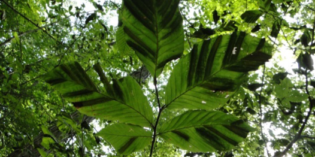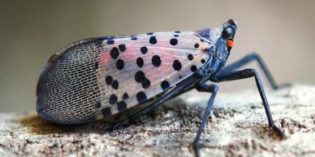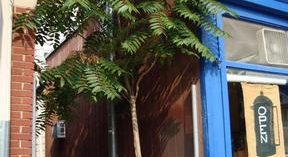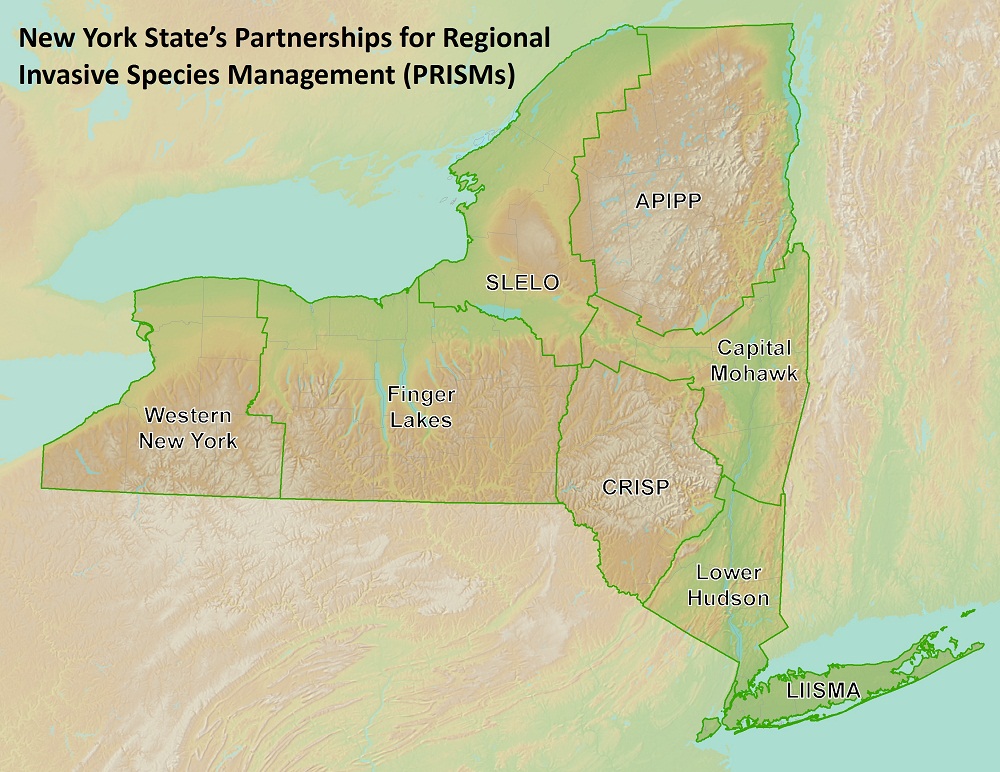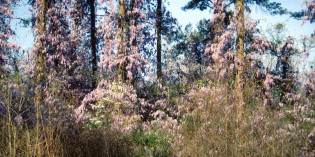
Wisteria
Wisteria is a vine with legume like fruit. They can grow up to 65 feet tall, depending on the height of the plant it is climbing. It has a diameter of 15 inches. W. sinesis twines counter-clockwise and W. floribunda twines clockwise. Leaves are pinnately compound with 13-19 leaflets ovate in shape. Flowers are 4-20 inch long racemes with 4-6 inch velvety brown seed ponds.
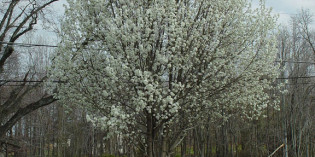
Callery Pear
Callery pears are deciduous with dark, shiny, leathery, small round-toothed leaves. They have purple hues in the fall. Pears flower in the early spring with five white petals. Fruits mature in the fall as small, hard, brown balls.
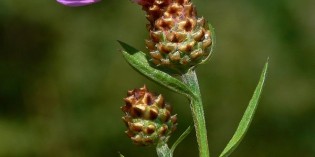
Brown Knapweed
Brown knapweed is present in the west and east coasts yet predominate in Washington and Oregon. This invasive is found in the FL-PRISM. Invasive Rank
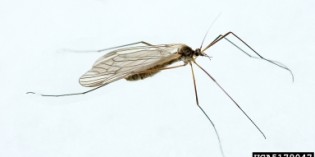
Common Crane Fly
Wide spread in New York State, including Monroe, Ontario, Onondaga, Seneca, and Wayne Counties.
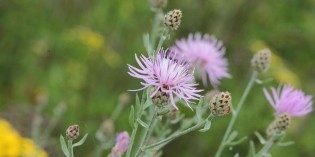
Spotted Knapweed
The spotted knapweed is a biennial or short-lived perennial herbaceous plant. With grayish leaves and pink to purple thistle-like flowers, this plant grows to be 2 to 3 feet in height. Flowering occurs from July through September.
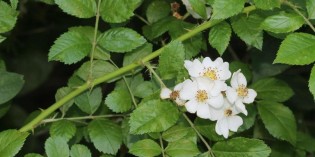
Multiflora Rose
The multiflora rose is a thorny, bushy shrub with clusters of white flowers that bloom in late spring. These flowers are accompanied by small, red hip fruits that remain on the plant into winter. The oval leaves are green with a toothed margin.
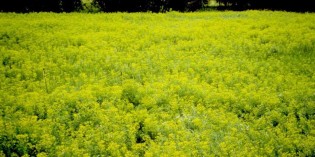
Leafy Spurge
Leafy spurge is a perennial plant with smooth stems and small, oval leaves. The plant begins to flower in late May to early June, producing greenish-yellow flowers in mid-June. It grows to be 2 to 3.5 feet tall and is capable of completely overtaking large areas of open land through seed propagation and budding through the roots.
